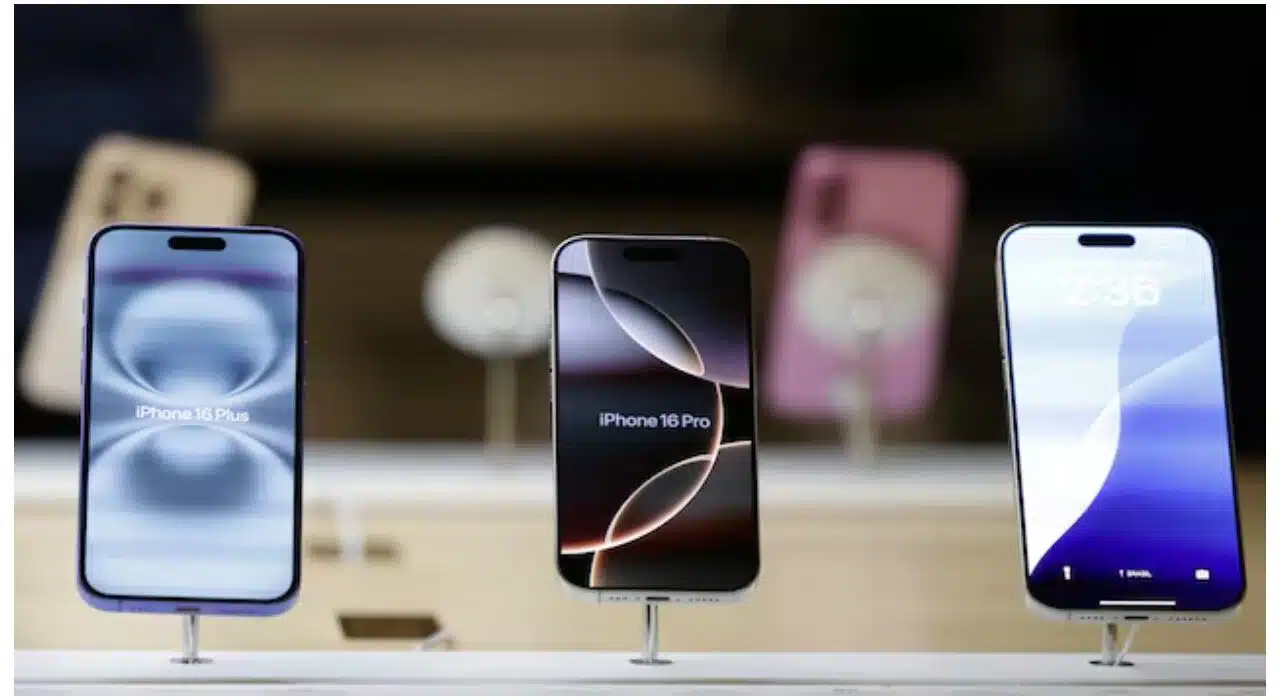Shipments of smartphones from global powerhouses Apple and Samsung were down in the fourth quarter of 2024, with both vendors feeling the increasing heat from a crop of Chinese players such as Xiaomi, Oppo, and Honor. According to preliminary data from the International Data Corporation, released on Monday, both Apple and Samsung are finding it rather difficult to put up a fight in light of the fast-changing landscape, with aggressive growth by Chinese manufacturers forcing their market share upwards.
Apple’s shipments were down 4.1% in Q4 to 76.9 million units, while Samsung was down 2.7% to ship 51.7 million units. Much of this decline can be attributed to the increasing dominance of Chinese smartphone makers, who have made their forays with affordable low-end and mid-range devices, capturing substantial chunks of both domestic and international markets.
“While we remain optimistic about continued growth in 2025, the threat of new and increased tariffs from the new US administration has elevated uncertainty across the industry,” said Nabila Popal, senior research director for worldwide client devices at IDC. This uncertainty, along with an increasingly strong cast of Chinese competitors, has set up a very competitive environment for both Apple and Samsung.
Apple and Samsung had been market leaders, but not anymore as shipments decline
In 2024, Apple was the leader with 18.7% of the global smartphone market, a shade ahead of Samsung at 18%, while Xiaomi surged to 13.6%, showing the strongest growth at 15.4%. Chinese manufacturers are continuing to expand their presence in Europe and Africa, where they shipped 56% of global smartphones in Q4, the highest combined volume ever for these companies.
While the overall market grew, demand for foldable smartphones remained flat, which has forced manufacturers to scale back focus and investment in the research and development of foldable devices. “Promotions and marketing have not been sufficient to drive consumer interest in foldables, and that signals a shift in priorities for the smartphone makers,” said IDC’s Anthony Scarsella.
